Description
Design for a Pulpit by Augustin Pajou printed on a T-Shirt
About the T-Shirt
Regular fit
Standard length, the fabric easily gives into movement
Casual wear
A classic, everyday option loved by our customers
Side-seamed
Constructed by sewing two parts together, creating a fitted look
The Unisex Staple T-Shirt feels soft and light with just the right amount of stretch. It’s comfortable and flattering for all. We can’t compliment this shirt enough–it’s one of our crowd favorites, and it’s sure to be your next favorite too!
- Solid colors are 100% Airlume combed and ring-spun cotton
- Ash color is 99% combed and ring-spun cotton, 1% polyester
- Heather colors are 52% combed and ring-spun cotton, 48% polyester
- Athletic and Black Heather are 90% combed and ring-spun cotton, 10% polyester
- Heather Prism colors are 99% combed and ring-spun cotton, 1% polyester
- Fabric weight: 4.2 oz./yd.² (142 g/m²)
- Pre-shrunk fabric
- 30 singles
- Side-seamed construction
- Tear-away label
- Shoulder-to-shoulder taping
- Blank product sourced from Nicaragua, Mexico, Honduras, or the US
Augustin Pajou (1730–1809)
Augustin Pajou was a French sculptor, born in Paris. At eighteen he won the Prix de Rome, and at thirty exhibited his Pluton tenant Cerbère enchaîné (now in the Louvre).
Pajou’s portrait busts of Buffon and of Madame du Barry (1773), and his statuette of Bossuet (all in the Louvre), are amongst his best works.
When Bernard Poyet constructed the “Fontaine des Innocents” from the earlier edifice of Pierre Lescot, Pajou provided a number of new figures for the work. Mention should also be made of his bust of Carlin Bertinazzi (1763) at the Comédie Française, and the monument to Marie Leszczyńska, Queen of France (in the Salon of 1769). Pajou was one of the main artists whose work was included in the collection of the Comédie-Française at the end of the 18th century. Others were Jean-Baptiste d’Huez, Jean-Joseph Foucou, Simon-Louis Boizot and Pierre-François Berruer. Pajou was commissioned by Napoleon to make the copies of the Medici Lions now situated in the garden of the Villa Medici 1803. Pajou died in Paris on 8 May 1809.

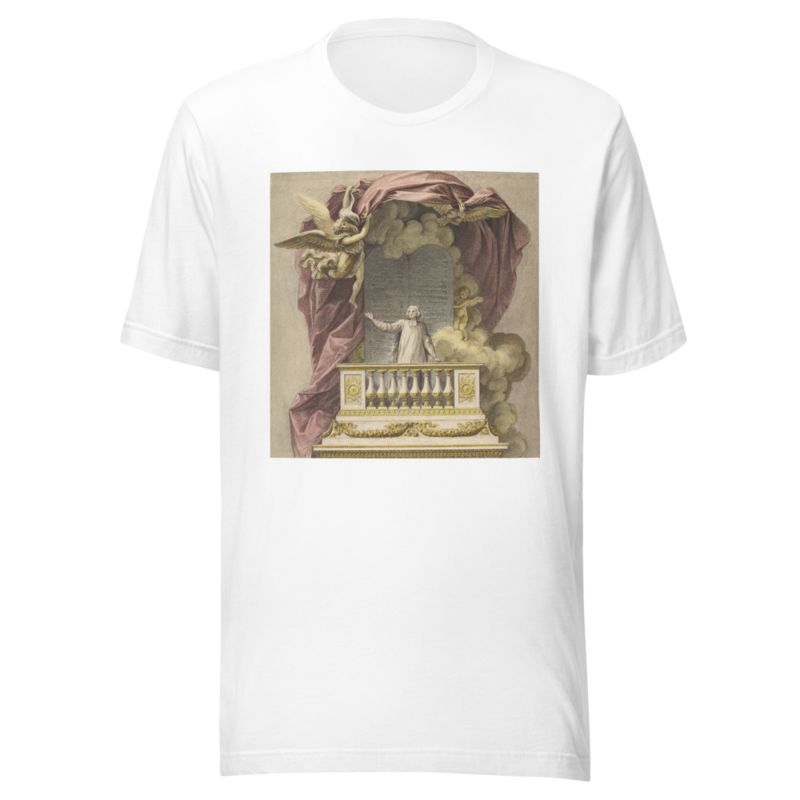
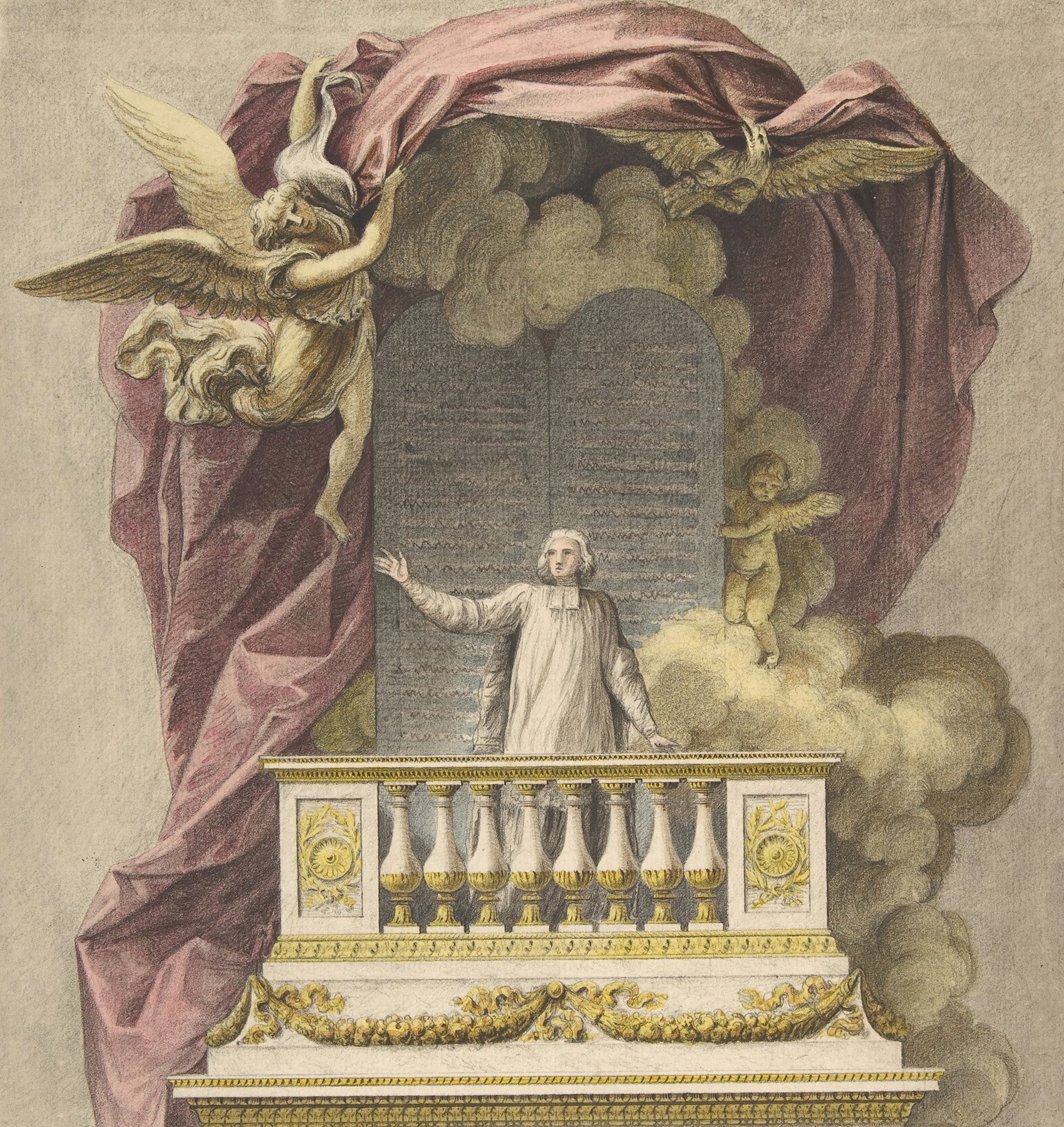
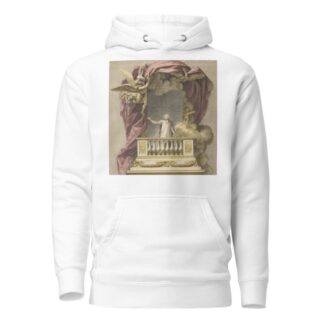
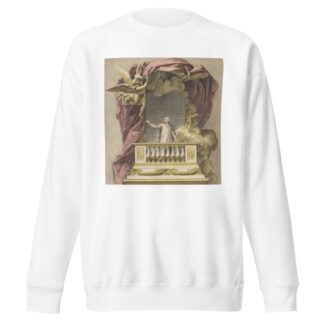
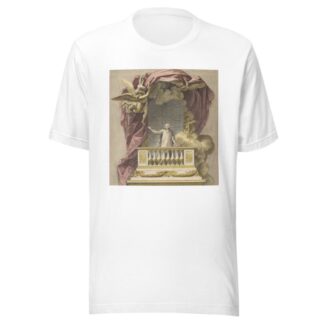
Reviews
There are no reviews yet.